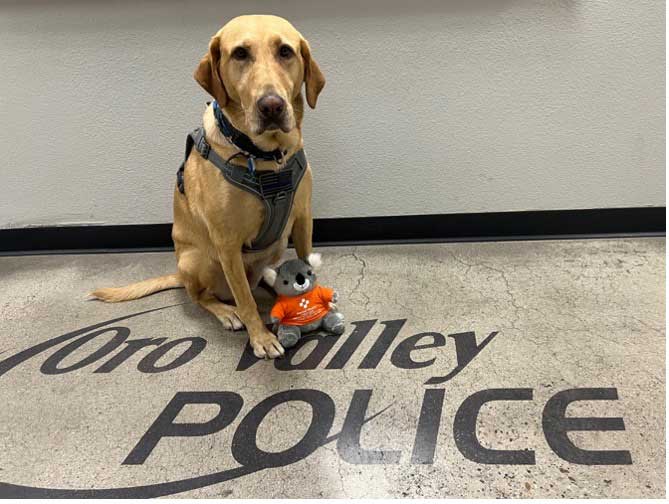I went to the gym last week for the first time in a while. I checked in, got a towel and was headed to the studio for a class when I saw it was closed. Instead, there were 15 gym employees sitting in a semicircle listening to an instructor. CPR dummies were lined up on the floor.
After a few minutes on the elliptical machine, I began to hope the CPR class was well underway and not just starting, in case I was about to be in need of intervention.
It makes perfect sense for a gym to invest in CPR training for its employees, or for a police department to train its officers or a university to train its professors. Early intervention matters. Sadly by the time I have a cardiac event on this elliptical, it may be difficult for even the newly CPR-trained gym staff to save me.
But research shows that the sooner people get help for mental health concerns, the more likely they are to have positive outcomes.
Mental Health First Aid is an eight-hour training certification course that teaches participants a five-step action plan to assess a situation, select and implement interventions and secure appropriate care for the individual. Mental Health First Aid introduces participants to risk factors and warning signs of mental health problems, builds understanding of their impact and overviews common treatments.
The pressure for those gym instructors to act in the case of a heart attack is tremendous – if they don’t, the result is certain death. Someone struggling with mental illness or addictions may not always show symptoms as obvious or dramatic as someone having a heart attack. Yet what might intervention mean to averting a problem, helping someone before things get really bad, pointing a person who needs help to someone who can deliver it?
I thanked the gym manager when I left that night for having the foresight to train her team in a critical lifesaving skill like CPR. When I go back tomorrow I promised her some information on Mental Health First Aid.



